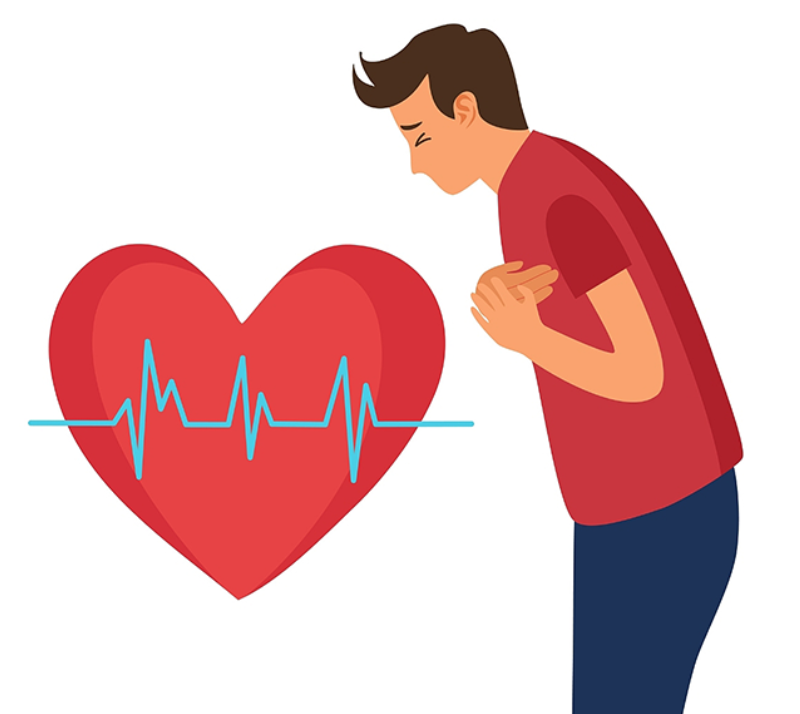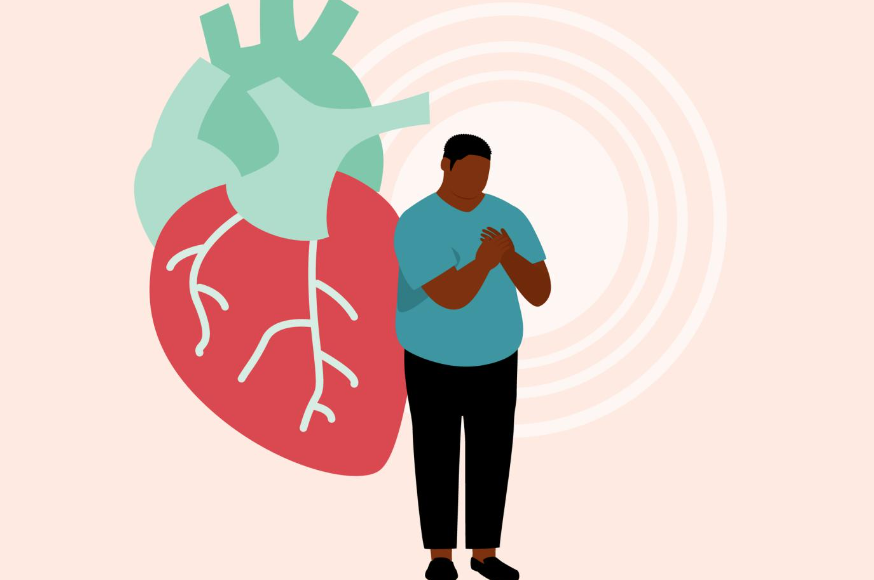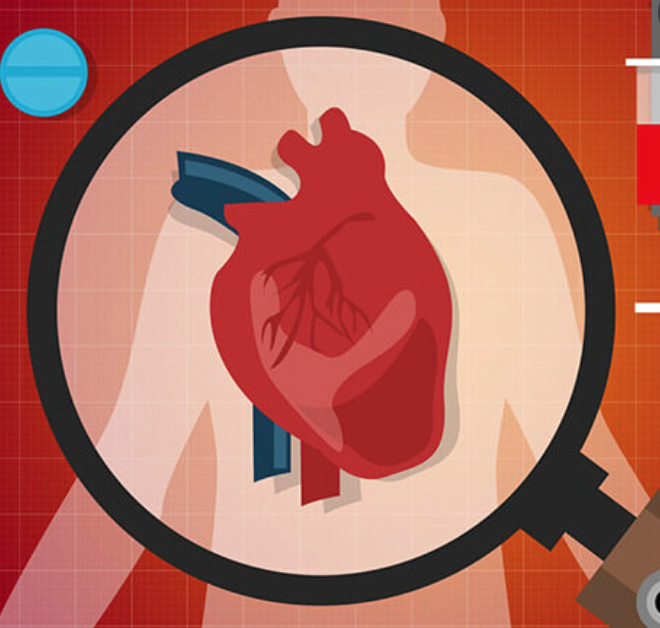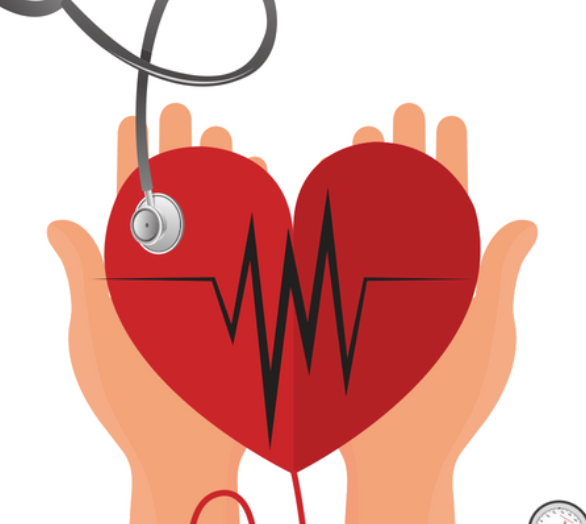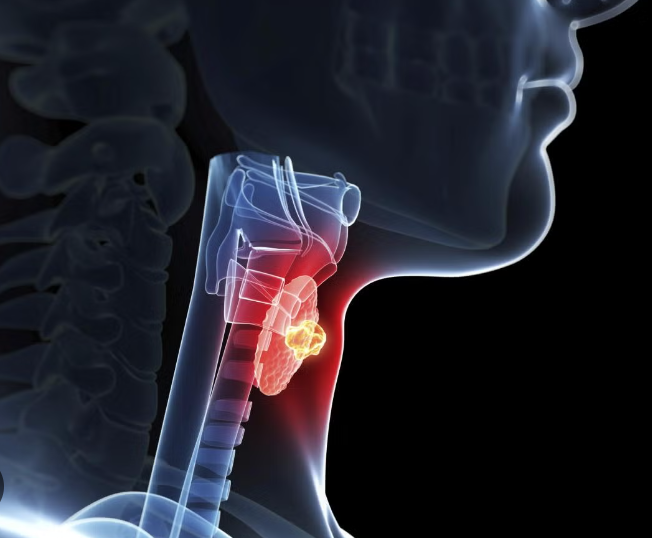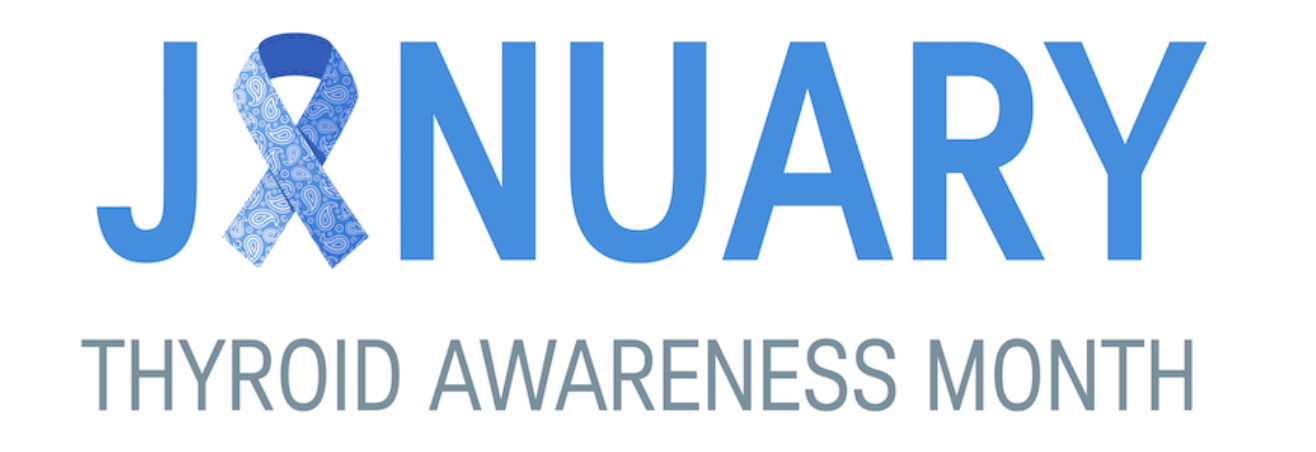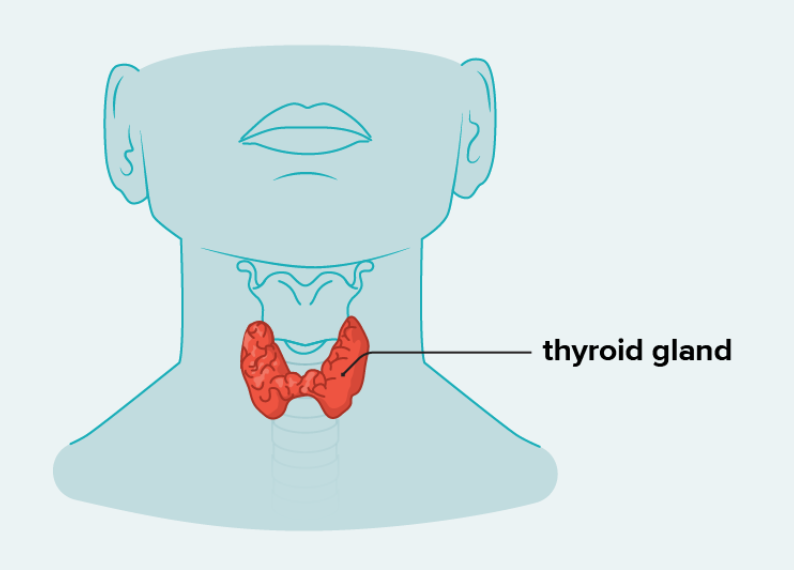Heart disease isn't just one thing. It's a number of conditions that can affect how your heart works. Heart disease can also be called cardiovascular disease, though that term covers blood vessels problems as well.
Heart disease is a major killer in the U.S., causing about 1 in 5 deaths, or about 700,000 a year.
Heart disease describes a range of conditions that affect the heart. Heart disease includes:

